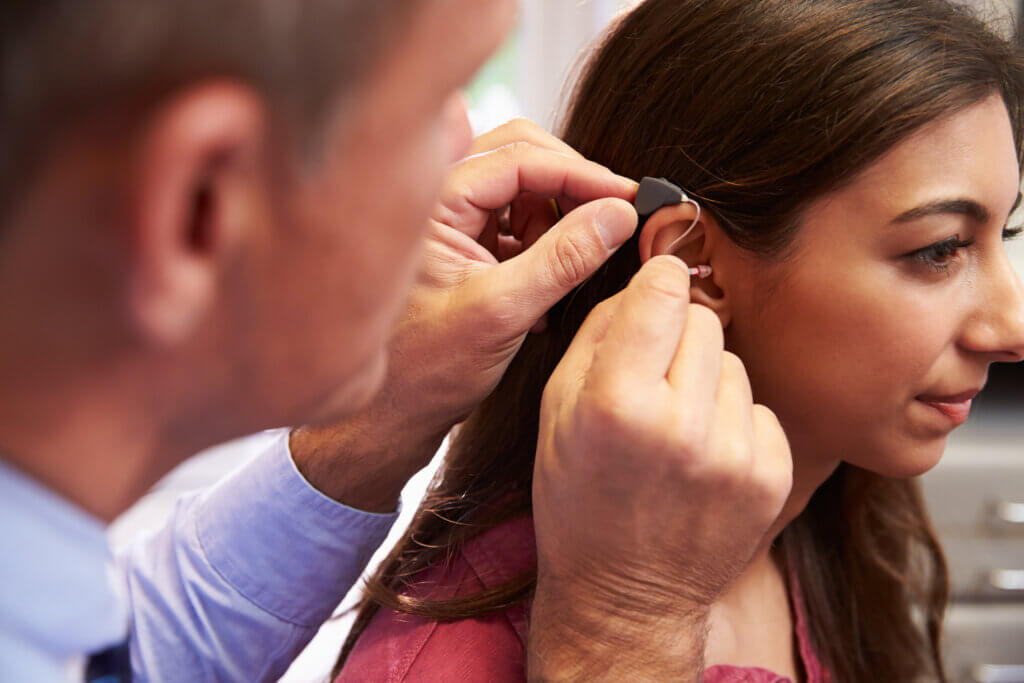- Tinnitus: Ringing or buzzing in the ears. It can be caused by excessive noise exposure, hearing loss, ear injury, TMJ issues, lack of sleep, anxiety, or a circulatory system disorder. Over 80% of people who have tinnitus have hearing loss.
- Cognitive Decline: Those with untreated hearing loss have been shown to experience a greater decline in thinking abilities, compared to those without hearing loss.
- Poor Balance: Individuals with a mild hearing loss are 3 times more likely to have a history of falling. Every additional 10 decibels of hearing loss will increase the chance of falling by 1.4 times.
- Hypertension: There is a significant correlation between high blood pressure and untreated hearing loss. Hypertension can also increase the likelihood of hearing loss in older adults.
- Obesity: A higher body mass index (BMI) and a larger waist circumference are linked to an increase risk of hearing loss in women.
- Osteoporosis: There is a study that linked osteoporosis with hearing loss. It is thought that demineralization of the 3 middle ear bones may contribute to a hearing loss that is conductive in nature.
- Isolation: Adults 50 years of age and greater who have untreated hearing loss are more likely to report depression, anxiety, anger, frustration and emotional instability compared to those individuals who use hearing aids.
- Depression: Untreated hearing loss can lead to poorer quality of life and reduced social interaction, which can lead to depression.
- Eye health: Vision allows us to identify where a sound is coming from. If an individual has both a vision and hearing issue, the ability to localize where the sound is coming from is compromised. Wearing hearing aids can help compensate for vision loss.
- Heart Health: The inner ear is very sensitive to blood flow. Studies have shown that inadequate blood flow and trauma to blood vessels of the inner ear can be correlated to hearing loss.
- Smoking: Smokers have a 70% higher risk of experiencing hearing loss compared to those who do not smoke.
- Diabetes: Hearing loss is twice as likely to occur in individuals with diabetes compared to those without especially if their blood glucose levels are high.
- Ototoxicity: There are hundreds of drugs in the market today that can lead to hearing loss. This can include certain antibiotics, quinine, some anticancer drugs, some anesthetics etc.









